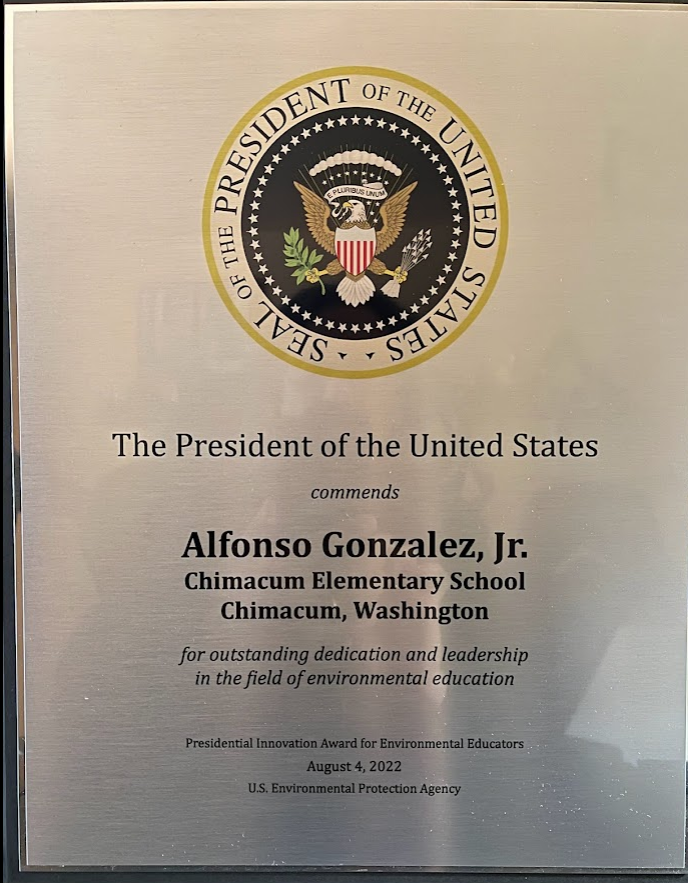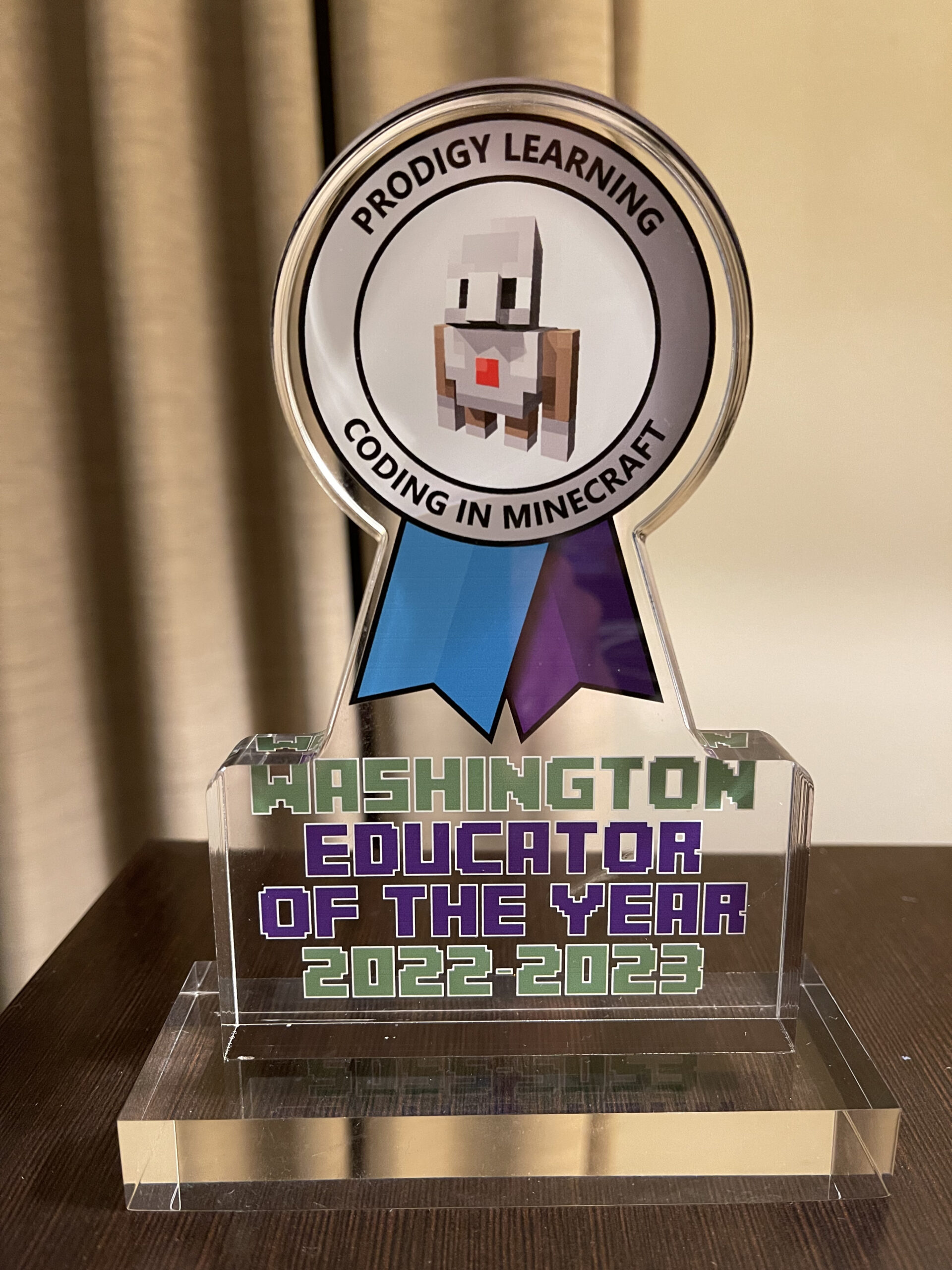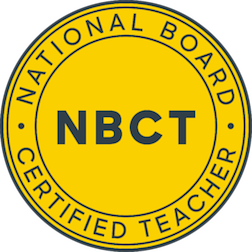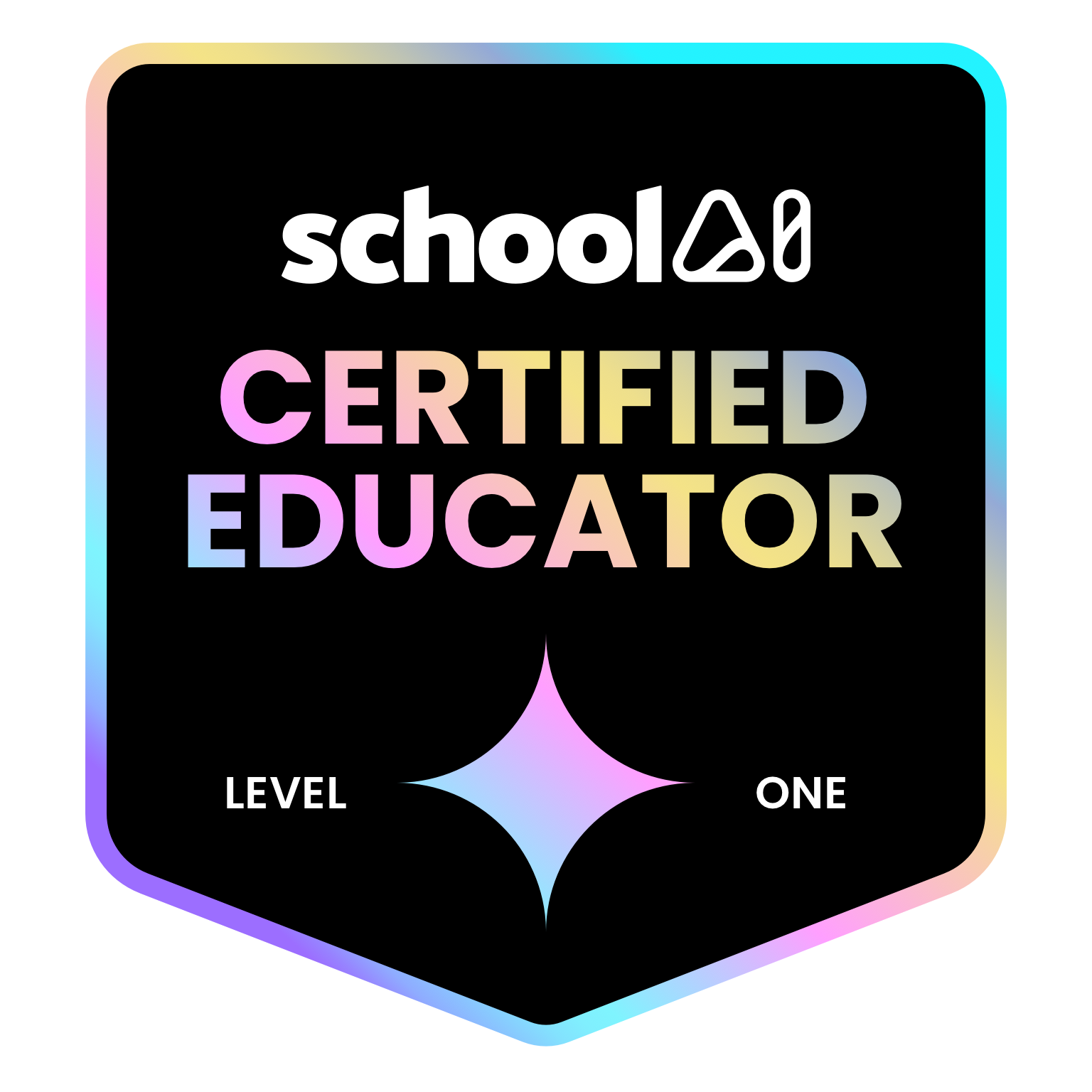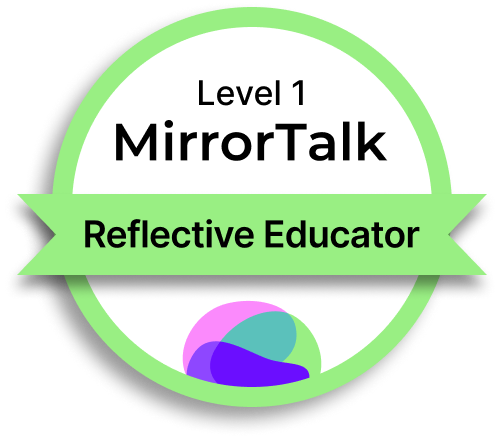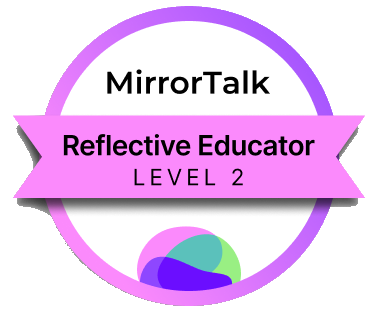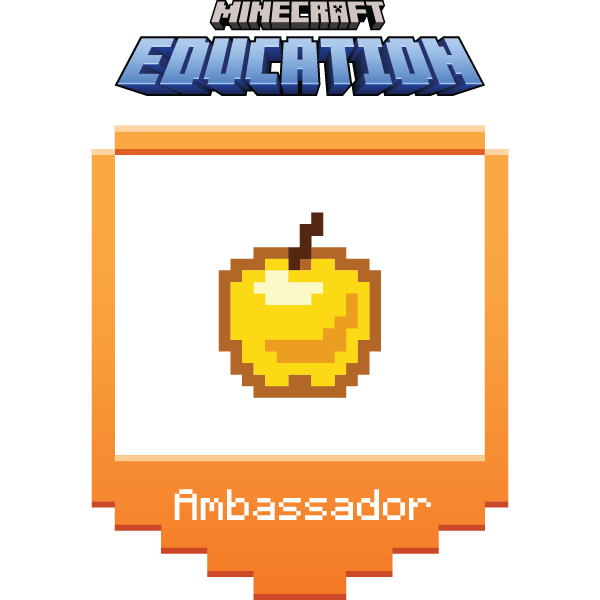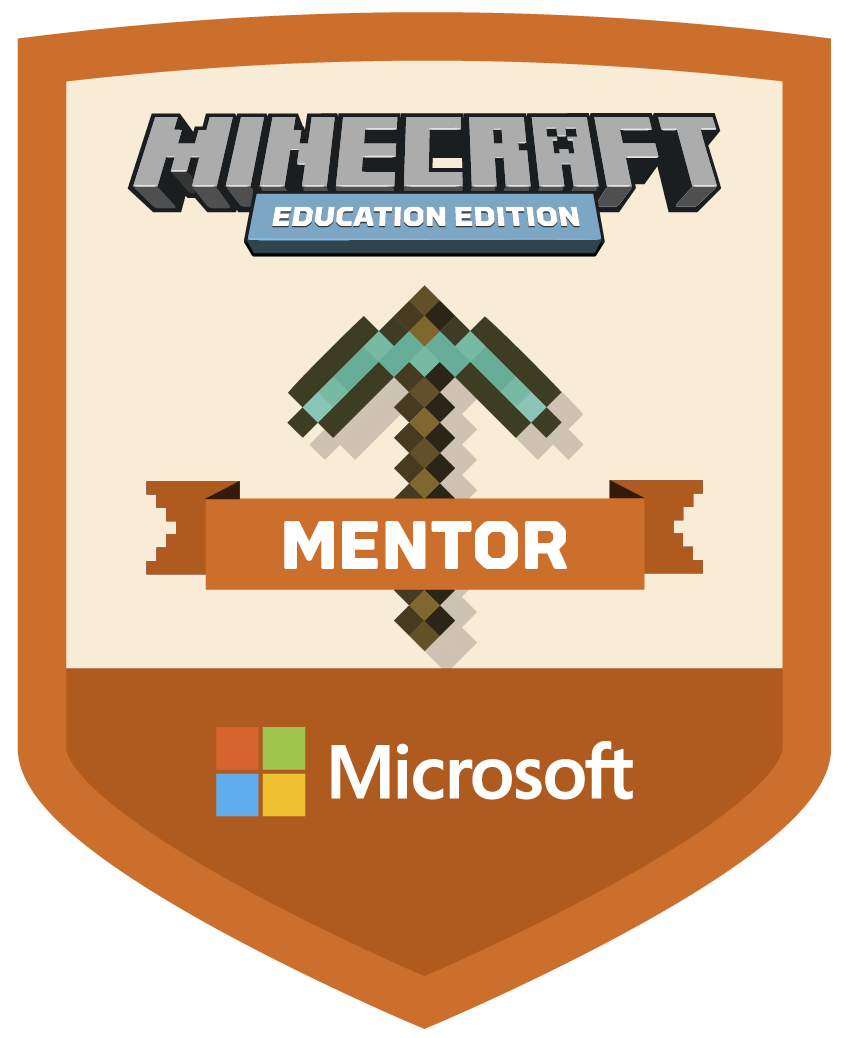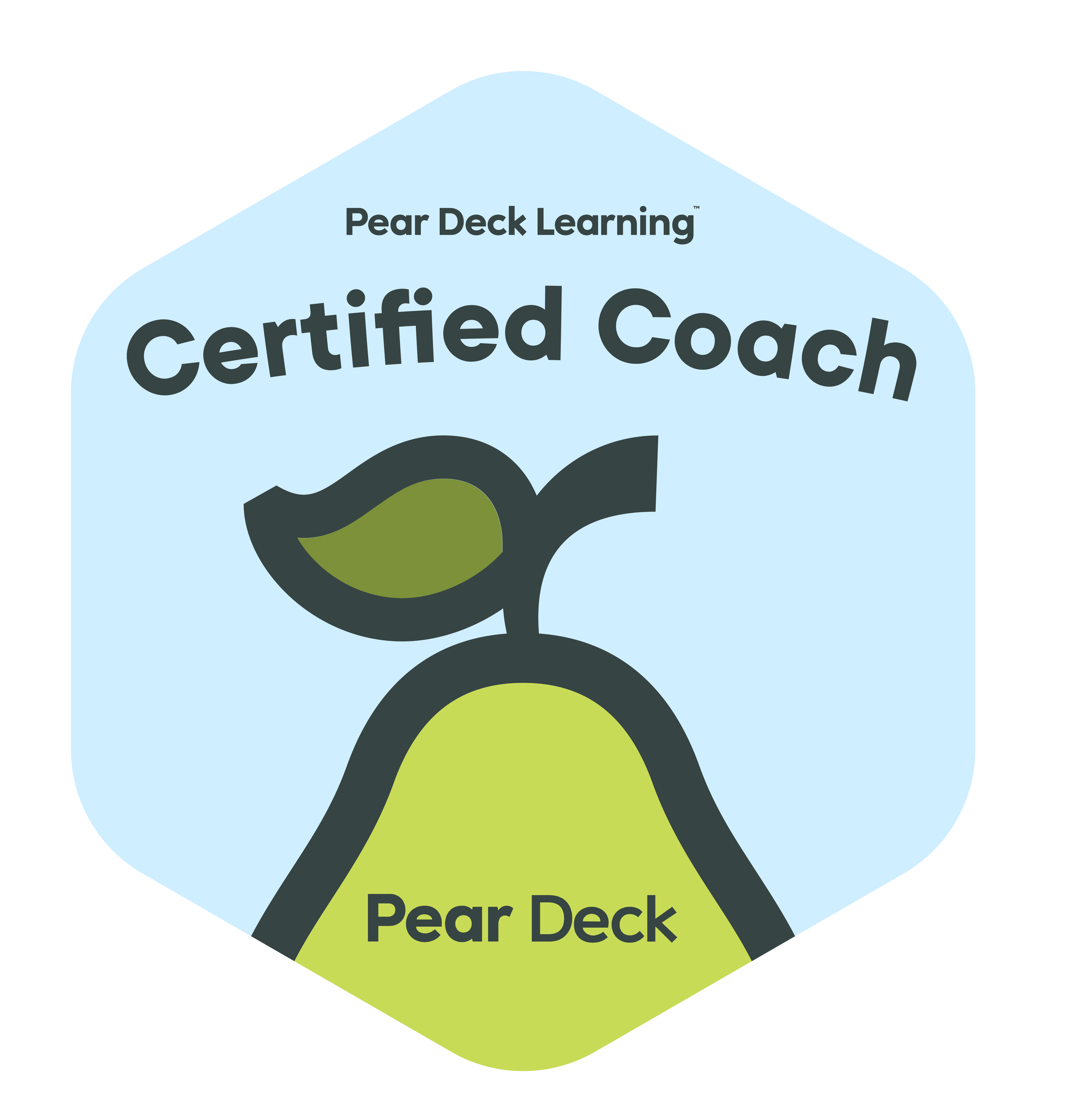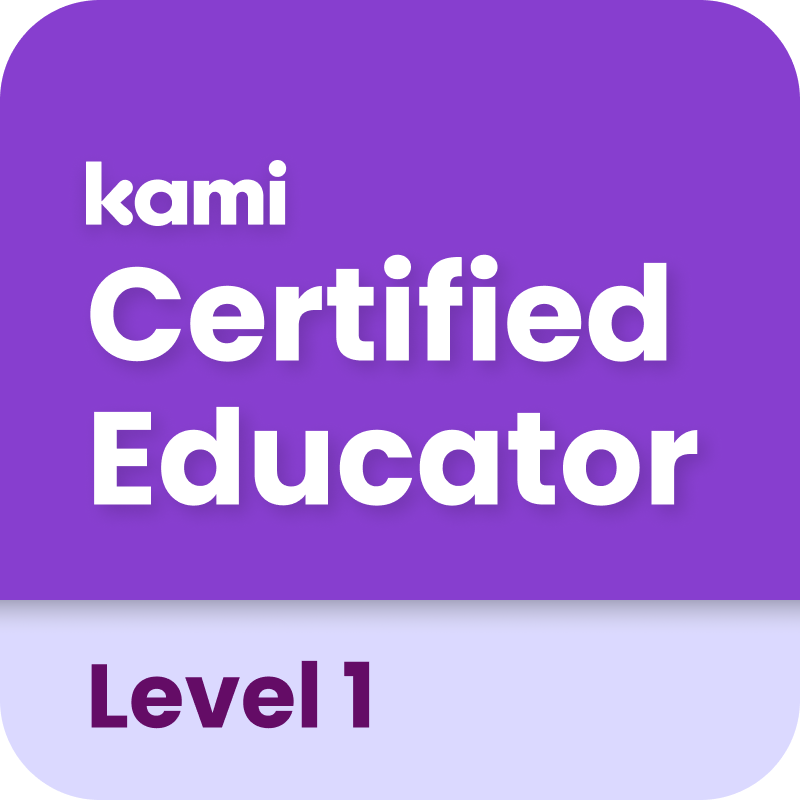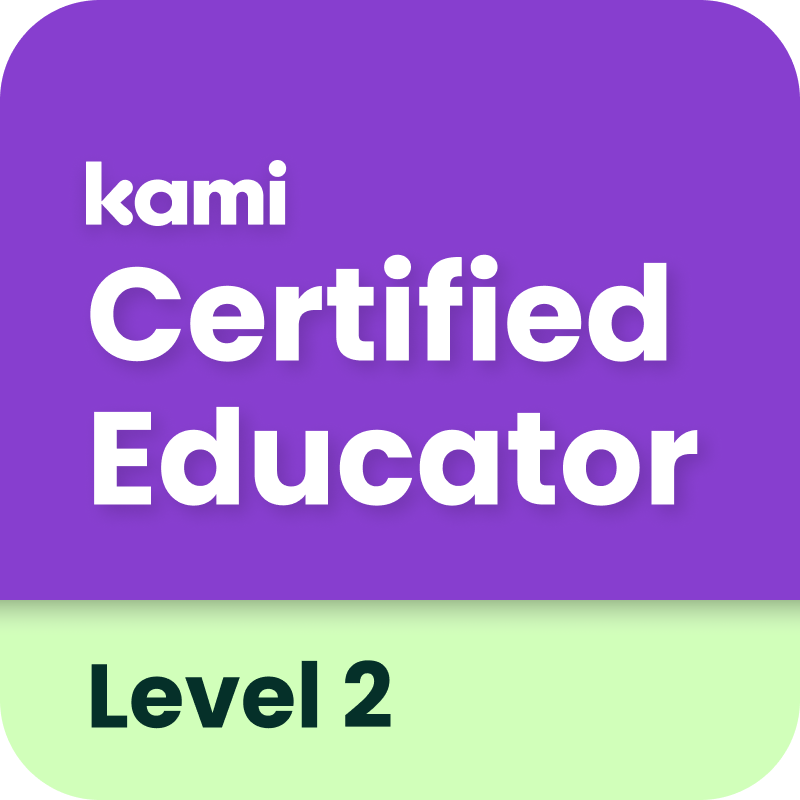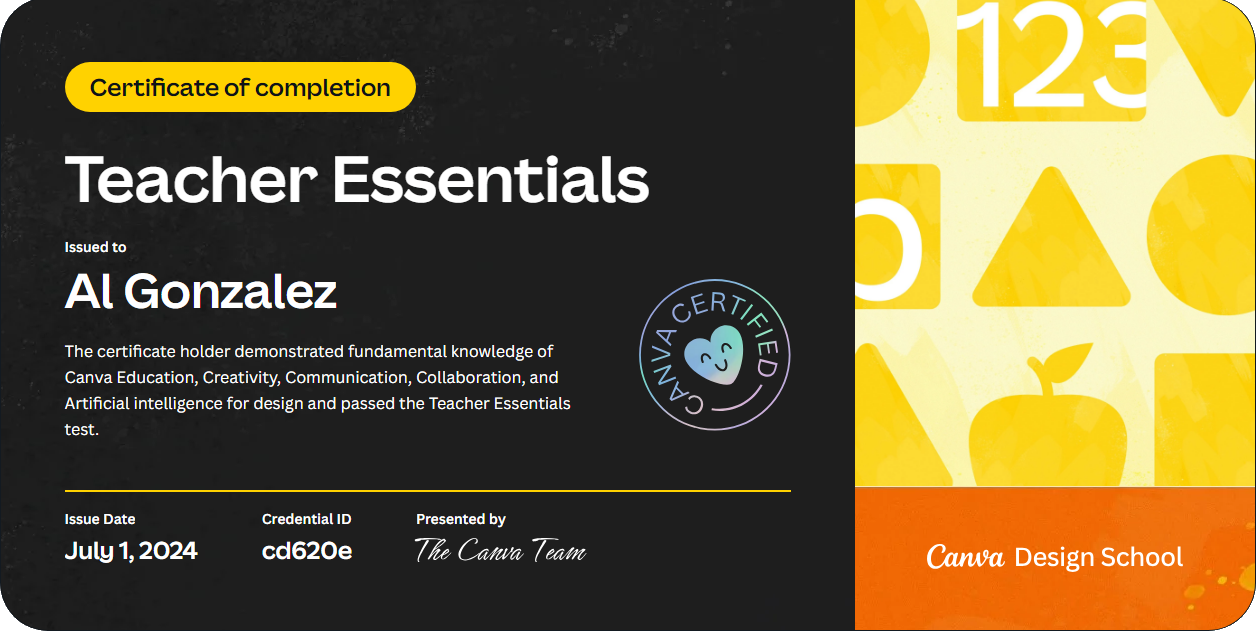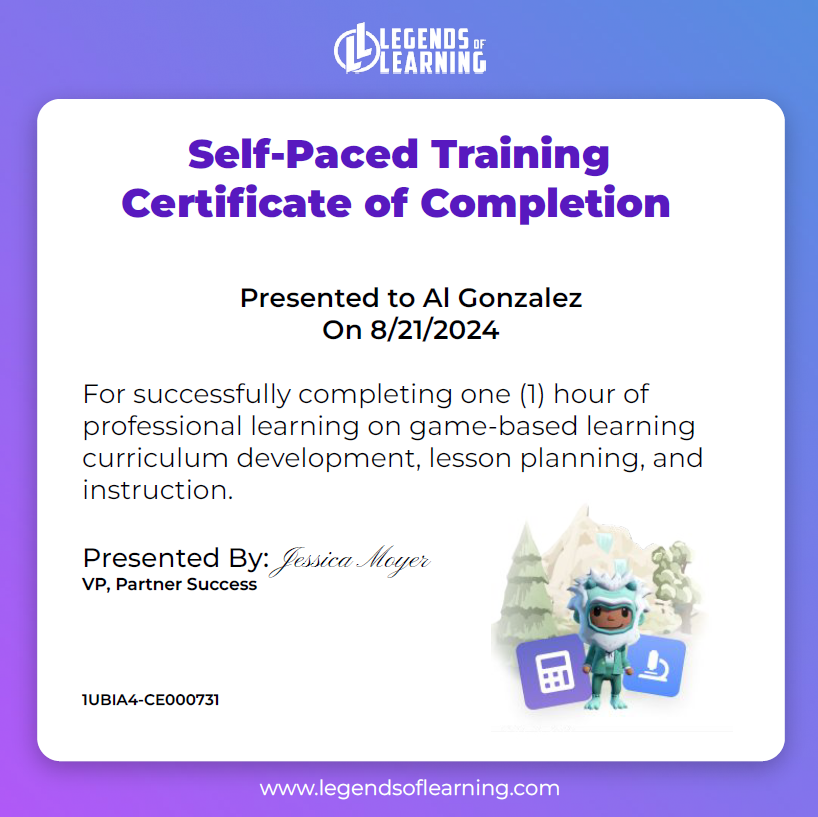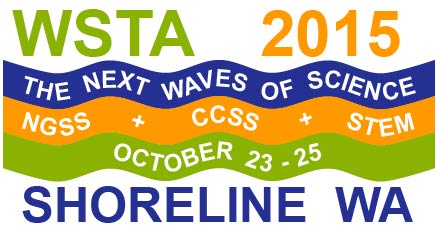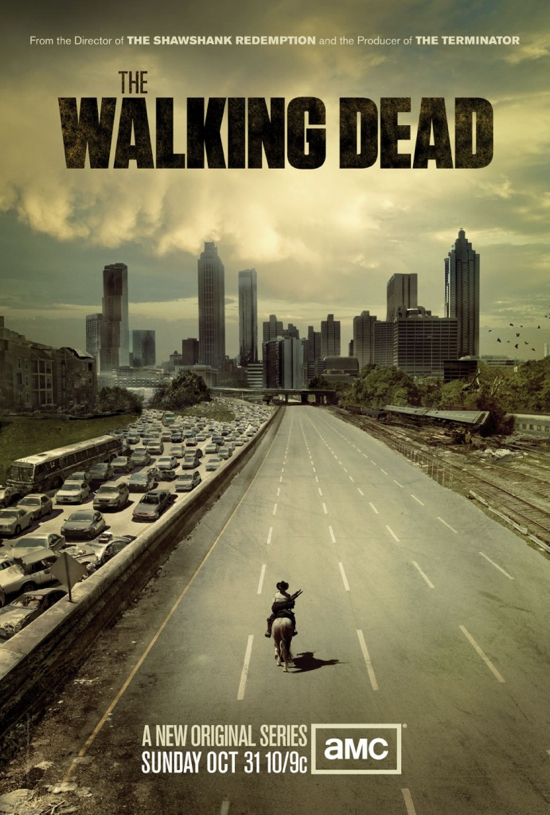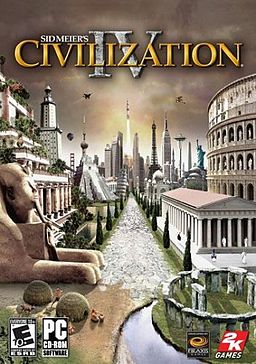 I was showing my classes this awesome video about the power of feedback. It’s about six minutes long and I think everyone should see it, kids of all ages. At one point in the video the educator mentions that in the expeditionary learning school kids critique each other’s work and redraft it unlike, “regular schools.” I took offense to that and felt I had to remark on it to every class. I wanted to make the point that we, in a “regular school,” could critique each other’s work to make it better!
I was showing my classes this awesome video about the power of feedback. It’s about six minutes long and I think everyone should see it, kids of all ages. At one point in the video the educator mentions that in the expeditionary learning school kids critique each other’s work and redraft it unlike, “regular schools.” I took offense to that and felt I had to remark on it to every class. I wanted to make the point that we, in a “regular school,” could critique each other’s work to make it better!
Well, it wasn’t until my last class that a perceptive and wise young lady called me out on my remark. (The dialogue below is not an exact transcript of the conversation that ensued but merely a representation that I could recollect after the fact. The idea is pretty much intact.)
“Why are you offended by that?” She asked.
Taken aback by the question, because it was the first time I was asked anything about what I’ve been remarking on all day, I thought about it. “Because he said we accept first drafts, meaning not so great work, and move on,” I answered.
“We’ll don’t you?” She knew what she was after.
“Yes, I’m guilty of rushing students and moving on to new topics even though their work is not all that great,” I admitted.
“Then you should be disappointed, not offended, because you actually do it.”
Ouch! Called out so well and I had been calling offense when really I was being shown a weakness in my teaching and I was hurt by it. Yet it was all on me because I do it! And it took a discerning 8th grader to get me to realize that. So of course I back pedaled furiously even though she had me.
Still, she wasn’t done. She told me that I should be disappointed at myself but not at my students.
“But when I give students the time, space, resources, and feedback to fix their work and make better drafts they don’t want to and say, ‘I have to write another draft?'” Okay that last sentence was very paraphrased but you get the gist.
“You can’t blame us. How can you expect us to do that when we don’t get to do it very often? We’re not used to doing that.” She responded.
“Good point.” Not sure if I said that but seriously, good point. It’s still what I want but she was right in that we have to do a better job of making that the culture instead of the exception.
I fancy myself an educator who does not let standardized dictate what my students and I learn together. I mention that because educators who rush kids typically feel pressure to “cover” more content to adequately prepare their kids for “THE TEST.” Even though I don’t spend much of the school year preparing my kids for “THE TEST,” the 8th grade Science MSP for us, does loom over me. So now I have to wonder why do I rush my kids through topic after topic?
The answer to why I “rush” gets the heart of the complexity that is a classroom of twenty something different individuals. When I notice that a certain percentage of kids start to finish something that we are working on I have a few choices. I could give them other activities to work on. I could let them work on something of their choice (which I feel more comfortable if it has something to do with what we’re learning). Or I could start setting a deadline. I have to gauge an entire class’s readiness to move on by when the majority are ready to move on. It’s not fair to have a few kids continue to work on something while the rest of the class has moved on to something else so I cut them off and we move on to the next thing. Another variable to throw into the mix is whether the kids who are working more slowly doing so because they are slow workers or because they are mostly off task and not working. Often times it’s the latter so I feel much better about moving on.
Another reason I move on to different topics or areas of study is that I do want to get to different topics. Depending on the topic we might do a lab or a research type project. What I’ve found over the years is that in any class I teach different types of work and different activities will reach different kids better so I try to have a variety of different ways of learning and showing or sharing that learning. So sometimes I like to get a to a new topic because it may get us outside or it maybe the one that I wanted to use with Socrative or Glogster.
So my disappointment is that I don’t encourage kids to redraft more of their work until it reaches that final stage where it looks like Austin’s final butterfly. I still say that it does require that the child is interested enough in their work to WANT to redraft it over and over again. From day to day those kids are the ones who are constantly asking for feedback and you know what? I give it, their peers give it and we are getting some pretty darn good drafts (I won’t say final because I told my students that work doesn’t really have to ever be final, esp with technology).
Do you feel like you “rush” your students or do you take the time to critique work a few times?

